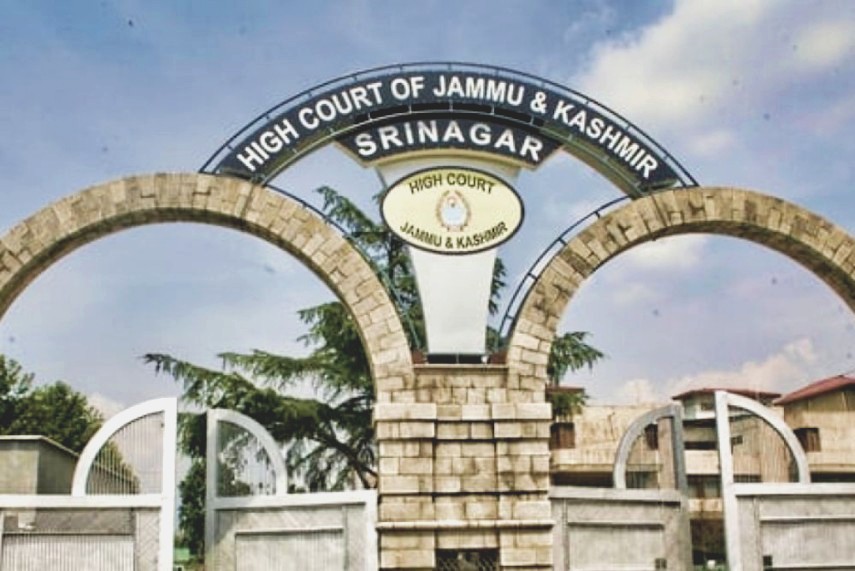Darbar Move waste of time and effort, says J&K High Court, asks govt to consider viability

May 5: The Jammu and Kashmir High Court Tuesday observed that there was no “legal justification or Constitutional basis” for the Darbar Move, a 148-year-old tradition in which the capital of the region is relocated twice a year — from Srinagar to Jammu during winter months and vice-versa in the summers.
A bench comprising Chief Justice Gita Mittal and Justice Rajnesh Oswal, said that the Darbar Move resulted in “wastage of tremendous amount of time, efforts and energy on inefficient and unnecessary activity (say, packing of records)”, The Print reported.
Cutting through any justification for the move, the court asserted that while the Union Territory is not being able to provide even basic essentials to its people, “valuable resources of the State — financial and physical — cannot be diverted to completely non-essential usage”.
It, however, did not issue any direction to the authorities, taking note of the limitations on its jurisdiction.
“We defer this task to the best wisdom of those on whom the Constitution of India bestows this solemn duty keeping in view, the interest of the Union Territory of Jammu and Kashmir, the larger interest of its people and the mandate of the Constitution of India,” it observed.
The court ordered the judgment to be served on the chief secretary of the union territory, directing him to place it before the authorities for examining the issues raised.
Under the practice of ‘Darbar Move’, the civil secretariat, important subsidiary offices and the assembly (essentially the Capital of the erstwhile state) are made operational in Srinagar for six months in summer and in Jammu in winter. It was started by Maharaja Gulab Singh in 1872 to escape extreme weather conditions in the two regions. While the opening of the Darbar was to take play on 4 May this year, the move was postponed to 15 June in view of the ongoing lockdown and Covid-19 pandemic.
Can govt afford Rs 200 crore annual expenditure?
In the 93-page judgment on a PIL filed by one Azra Ismail, the court now noted that when the practice began, it involved a few officers and records in a few cartloads.
However, it said that now it involves shifting of nearly 151 government departments and over 10,000 personnel, along with thousands of official documents and equipment loaded in over 150 trucks and transported for 300 km between Jammu and Srinagar, twice a year.
The judgment began with questioning whether the government can afford the practice of Darbar Move at an annual expenditure of at least Rs 200 crore.
“More so is this acceptable in a hopelessly fiscally deprived UT with severe underdevelopment and people deprived of bare basics which are essential part of their fundamental right of life guaranteed under Article 21 of the Constitution of India,” the bench added.
The court acknowledged the high costs involved in the move, and asserted that “the expenditure on the Darbar Moves nowhere serves any element of common good of the community at all”.
It asserted that the money saved from the practice could be utilised for the welfare and development of the Union Territory, “which has otherwise witnessed much turmoil”. This money, it said, can also be used for facilitating expenditure on Covid-19 related issues such as food shortages, unemployment and healthcare.
The court, however, stopped short of issuing a direction and said, “It is for the competent authority to examine as to whether this disclosed expenditure of Rs.19858.4298 lakhs and undisclosed expenditure of several crores is in public interest, justified, warranted, or permissible.”
The court also pointed out that both Jammu as well as Srinagar regions require administration and governance round the year, and hence, it is “unfair and opposed to public interest to deprive either region completely of access to government machinery for six months at a time”. This, it said, can be avoided through modern weather control mechanisms and technological advancements.
Sign up for our weekly newsletter to stay up to date on our product, events featured blog, special offer and all of the exciting things that take place here at Legitquest.




Add a Comment